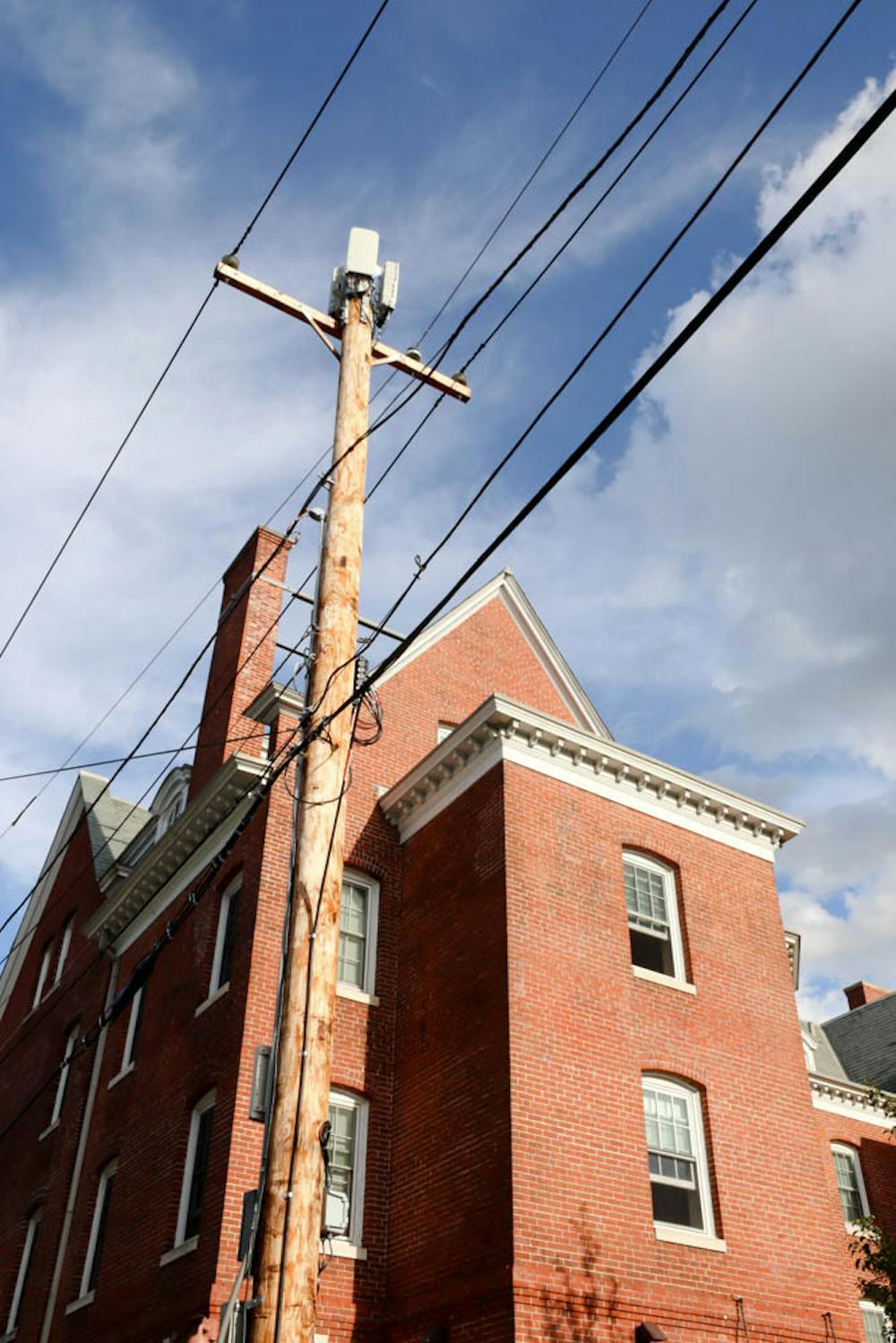Providence became one of the latest cities to gain 5G cell phone service this summer, providing faster upload and download speeds for customers with 5G-enabled phones in select areas of the city, including Federal Hill and College Hill.
Despite its limited coverage, Verizon — the city’s 5G provider — boasts its network carries the most 5G-enabled phones. The list contains only four recent devices, including models made by Samsung, LG and Motorolla.
The 5G rollout in the Ocean State has been two years in the making. In 2017, the General Assembly passed the Small Cell Siting Act, which determined guidelines for how cities in Rhode Island can negotiate with cell service providers that wish to implement 5G technology. State Senator Gayle Goldin (D — Providence), who voted in favor of the bill, said it was a way of “recognizing it’s an asset to a city to have better coverage,” she said. State Representative Edith Ajello (D — Providence) also voted in favor of the bill.
In June 2018, Verizon approached the city of Providence to work on implementing 5G technology, wrote Victor Morente, spokesperson for Mayor Jorge Elorza, in an email to The Herald. Less than a year later, Providence set regulations to ensure fair negotiations between the city and Verizon. In addition to standard licensing regulations, the rules provided resolutions about how the city could “support this innovative technology while preserving the community investments,” such as the city’s Capital Improvement Plan, a 5-year project to improve the city’s infrastructure, Morente wrote.
5G technology uses short, “millimeter wave” transmitters to provide peak download speeds of up to 1.5 gigabits per second, which should allow users to download an entire movie in less than a minute, according to a Verizon press release. Still, the new technology has room for improvement; experts have reported that 5G’s short wavelength increases the risk that signal strength is easily interrupted by weather or distance.
While Providence and the state have sought the introduction of 5G since 2017, other cities have been much more cautious about opening their doors to the technology. Cities have struggled with negotiating monetization strategies with service providers under Federal Communications Commission guidelines, according to the Wall Street Journal.
In addition, the National Oceanic and Atmospheric Administration, National Aeronautics and Space Administration and the American Meteorological Society have raised serious concerns about the bandwidths — the range of frequencies used to transmit a signal — the FCC has chosen to auction to 5G service providers, according to WIRED Magazine. In May, NOAA’s then-acting chief Neil Jacobs testified before Congress that the FCC’s auctioning of 5G bandwidths would interfere with accurate weather predictions, sending weather models back to the 1980s.
There has also been an effort to halt 5G expansion due to health concerns, despite the World Health Organization asserting that there are no risks.





